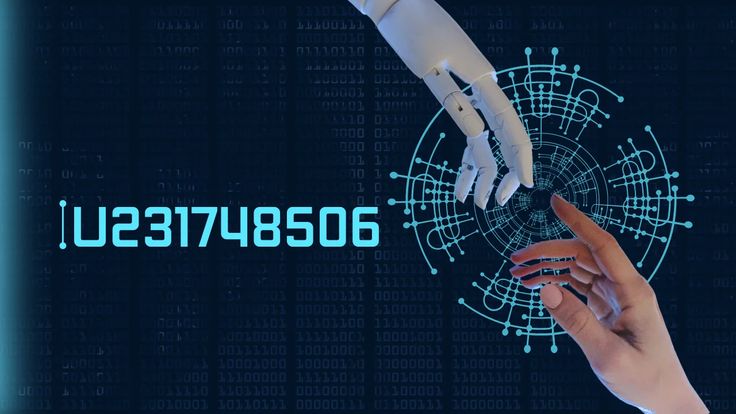Introduction
In the world of digital systems and online platforms, identifiers like u231748506 play a crucial role in ensuring seamless functionality and organization. These identifiers, often unique to specific systems, serve as key components for tracking, managing, and associating data across diverse applications. This article delves into the concept of u231748506, its potential applications, and the significance of such identifiers in the modern digital ecosystem.
What is u231748506?
u231748506 appears to be a structured identifier, commonly associated with user accounts, databases, or system processes. The prefix “u” often signifies a user or unit, while the numeric sequence may represent a unique entry within a database. Such identifiers are used to ensure that every record, user, or process has a distinct reference, enabling efficient management and retrieval of data. Unique identifiers like u231748506 are vital for ensuring data integrity and avoiding overlap or duplication in complex systems.
The Role of Unique Identifiers
Unique identifiers like u231748506 are foundational to modern systems. They help:
- Organize Data: Assigning a unique ID to each record ensures clarity and prevents duplication.
- Enhance Security: Identifiers can serve as references without exposing sensitive data directly.
- Facilitate Integration: Systems can link and share data using these identifiers as common references.
- Simplify Troubleshooting: Tracking errors or system anomalies becomes easier with distinct identifiers.
The importance of these identifiers goes beyond data management. They also ensure that large-scale systems operate smoothly, as identifiers act like digital fingerprints for various components within a platform or database.
Applications of u231748506
Unique identifiers have applications in various domains:
- User Accounts: Platforms assign identifiers like u231748506 to ensure each account is uniquely recognized.
- Database Management: In relational databases, these IDs serve as primary keys for linking tables and queries.
- Software Systems: Identifiers are used in coding structures to represent objects, functions, or processes.
- Tracking and Analytics: IDs help monitor user activity, transaction flows, or operational performance.
For instance, in e-commerce platforms, identifiers are used to track individual customer orders. Similarly, in healthcare systems, they ensure accurate record-keeping for patient data, which is critical for delivering personalized care. The versatility of such identifiers highlights their indispensable role across diverse sectors.
Why u231748506 Matters in Modern Systems
In today’s interconnected world, the importance of identifiers like u231748506 cannot be overstated. They enable systems to scale efficiently, ensure data consistency, and facilitate smooth interactions across platforms. Moreover, as data grows exponentially, robust identifiers help maintain order and precision, reducing the risks of errors and data loss. These identifiers also contribute to system reliability by enabling the rapid identification of faulty components or erroneous transactions.
The power of unique identifiers lies in their ability to unify otherwise fragmented data points. This capability is essential for businesses aiming to deliver seamless user experiences. Whether managing customer data, tracking inventory, or enabling cross-platform compatibility, identifiers like u231748506 are at the heart of efficient operations.
Challenges and Innovations
Despite their benefits, managing identifiers can pose challenges. Large-scale systems often deal with billions of unique IDs, necessitating efficient storage, retrieval, and synchronization. Advances in cloud computing and distributed databases have helped address these challenges, enabling faster and more scalable solutions. Innovations such as blockchain technology are also introducing decentralized methods for managing unique identifiers, enhancing security and transparency.
Looking ahead, we may see further innovations in identifier management, such as AI-driven optimizations. Machine learning algorithms could be employed to predict and resolve conflicts in identifier usage, ensuring smoother operations in increasingly complex systems.
The Future of Unique Identifiers
As digital systems become more sophisticated, the role of identifiers will expand further. Advanced technologies like blockchain and artificial intelligence may leverage these identifiers for decentralized and intelligent data management. Enhanced encryption methods could also ensure the security of identifiers in sensitive applications, such as healthcare and finance. The integration of IoT devices with such systems is another area where unique identifiers like u231748506 will play a pivotal role, ensuring seamless interconnectivity and real-time data exchange.
Conclusion
Identifiers like u231748506 may seem simple at first glance, but they are indispensable in the functioning of modern digital systems. By providing a structured and reliable way to manage data, they support innovation and efficiency across industries. Whether you’re a developer, a business owner, or a technology enthusiast, understanding the value of these unique identifiers is key to navigating the digital world effectively.



